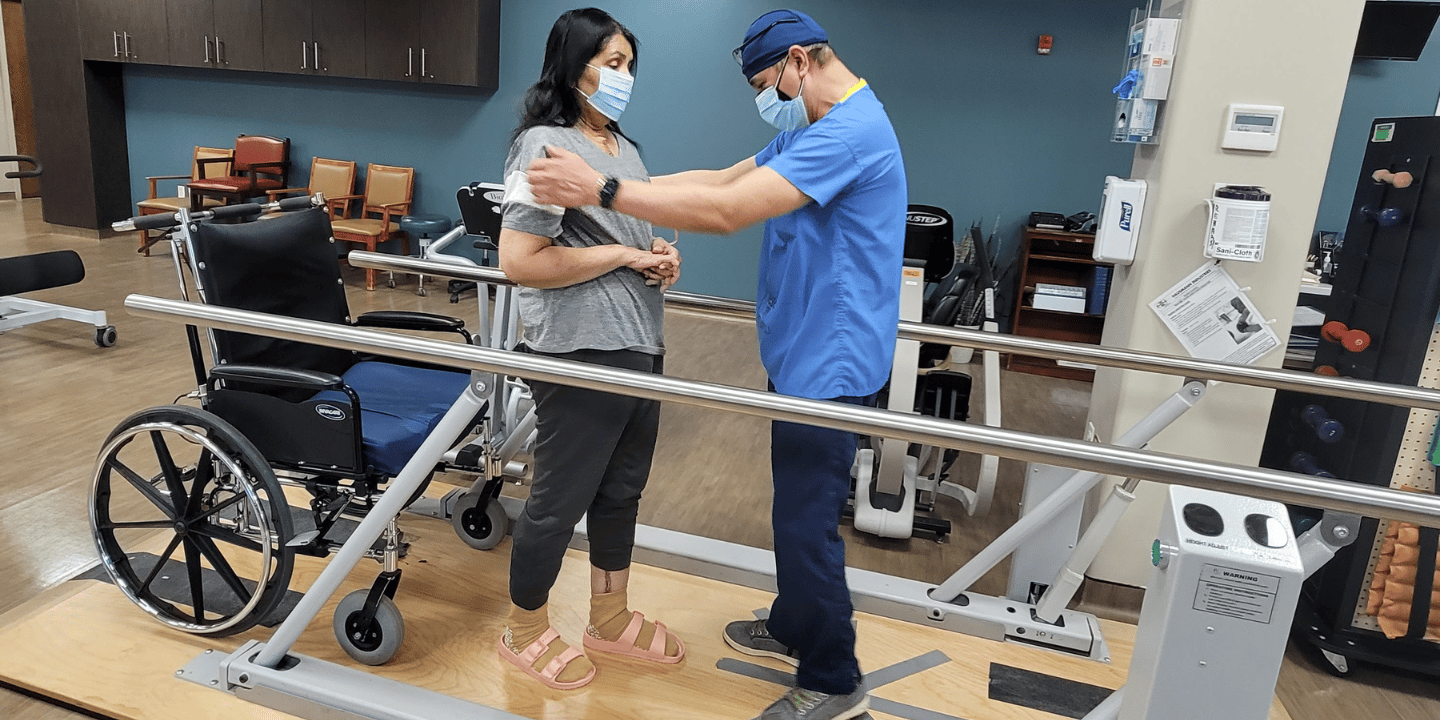When considering addiction recovery, one of the most critical decisions is choosing the right treatment program. The two main options available are outpatient rehab and inpatient programs. Understanding the differences between these approaches is essential for making an informed choice that suits your needs.
What is Outpatient Rehab?
Outpatient rehab involves attending treatment sessions at a facility while living at home. This option offers flexibility and allows individuals to maintain their daily responsibilities, such as work or school while receiving treatment.
What is Inpatient Rehab?
Inpatient programs require patients to live at a treatment facility for a designated period. This approach provides a structured environment where individuals receive round-the-clock care and support, away from their usual environment and potential triggers.
Comparing the Two Approaches
Both outpatient rehab and inpatient programs have their unique benefits and challenges. Below, we’ll explore how they compare across various aspects of recovery.
Level of Care and Support
- Inpatient Programs: This offers intensive care with 24/7 medical supervision and support. This environment is ideal for individuals with severe addiction or those who need a higher level of care.
- Outpatient Rehab: This provides a more flexible treatment option with regular therapy sessions but less direct supervision. It is suitable for individuals with milder addiction or those who have completed an inpatient program and need continued support.
Flexibility and Convenience
- Outpatient Rehab: One of the key advantages is its flexibility. Patients can continue their daily lives while attending treatment sessions, making it easier to balance work, family, and recovery.
- Inpatient Programs: Require a full-time commitment, as patients must stay at the facility. While this may be less convenient, it ensures a focus solely on recovery without outside distractions.
Cost Considerations
- Inpatient Programs: Generally more expensive due to housing, meals, and full-time care.
- Outpatient Rehab: Typically more affordable, as it does not include the costs associated with residential care. Patients only pay for the treatment sessions they attend.
Social Support and Environment
- Inpatient Programs: Offer a controlled environment free from external triggers and temptations. This benefits individuals who need a break from their usual surroundings to focus on recovery.
- Outpatient Rehab: Allows individuals to stay connected with their support network of family and friends, which can be a significant advantage. It also means they remain in the environment where their addiction developed.
Suitability for Different Needs
- Inpatient Programs: Ideal for those with severe addiction, co-occurring mental health disorders, or those who have relapsed multiple times. The immersive environment provides the best chance for recovery.
- Outpatient Rehab: Best suited for individuals with a robust support system at home, a stable living situation, and a lower risk of relapse. It is also an excellent option for those transitioning from inpatient care.
Conclusion
Choosing between outpatient rehab and an inpatient program depends on various factors, including the severity of the addiction, personal circumstances, and financial considerations. Either option offers effective treatment, but the decision should be based on individual needs and preferences. For some, the structured environment of inpatient care is essential, while others may benefit more from the flexibility and support of outpatient rehab.


